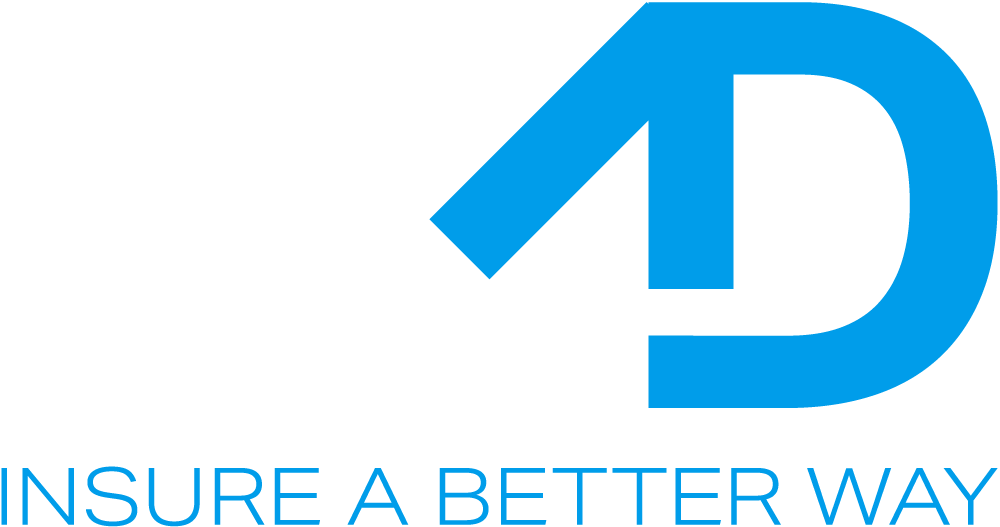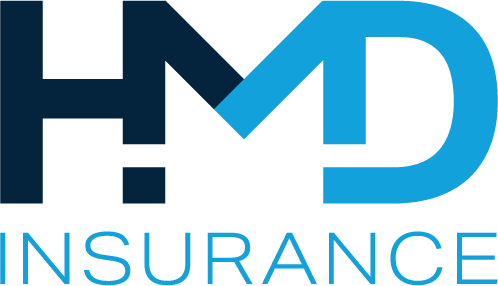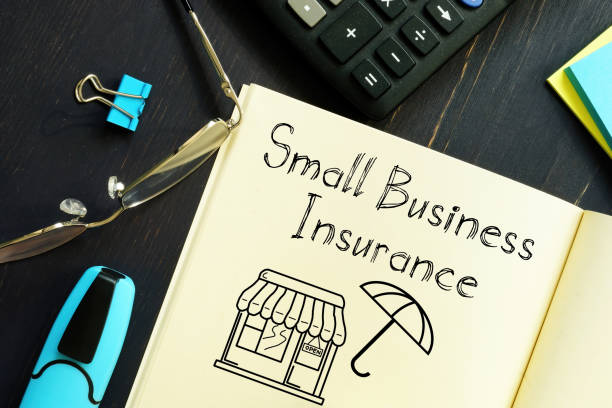
Small businesses face many risks every day, and one important way to protect against these risks is through public liability insurance. This type of insurance helps cover costs if someone gets hurt or their property gets damaged because of your business activities. Without it, small businesses can face big financial problems from accidents or claims. Understanding why small businesses need public liability insurance is crucial for owners who want to keep their business safe and secure.
What is Public Liability Insurance and Why Do Small Businesses Need It?
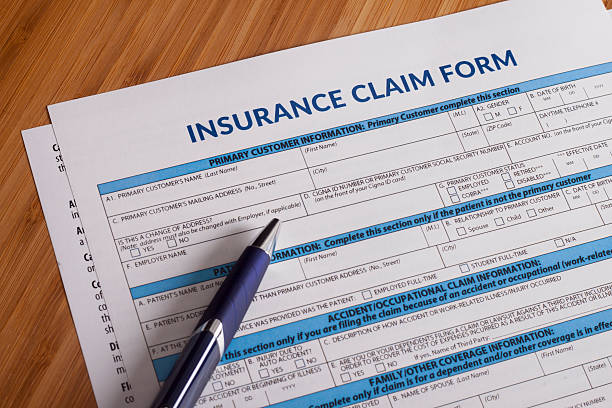
Public liability insurance is designed to provide protection to businesses against claims made by members of the public for injuries or damages resulting from the negligent business activities of the insured. Essentially, this type of insurance covers your business in the event that someone suffers property damage or personal injury due to your operations. For small businesses, this coverage is crucial, as it helps mitigate the financial risks associated with unforeseen incidents that may occur on their premises or as a result of their services.
There are several compelling reasons why small businesses need public liability insurance. Firstly, it provides peace of mind to business owners, knowing that they have a safety net in place should an unfortunate incident arise. Secondly, it is often a requirement for contracts or agreements with clients, suppliers, or venues. Many businesses will not engage with you unless you can demonstrate that you have adequate public liability cover. Lastly, public liability insurance is a way to protect your business’s financial future, as claims can be costly and could potentially lead to bankruptcy without proper coverage.
Public liability insurance protects your business by covering the costs associated with legal fees, compensation payments, and any settlements that may arise from claims made against you. This means that if a member of the public were to sue your business for an injury sustained on your premises or due to your services, your insurance would cover the legal costs and any compensation awarded. This type of insurance is especially relevant for businesses that regularly interact with the public, such as retailers, contractors, and service providers, as they are more likely to face claims related to property damage or personal injury.
What Does Public Liability Insurance Cover for Small Businesses?
Public liability insurance typically includes coverage for various incidents that may occur during the course of business activities. This includes compensation claims for personal injuries sustained by members of the public, as well as property damage caused by your business operations. Additionally, it can also cover legal costs associated with defending against such claims, making it a comprehensive safeguard for small business owners.
There are numerous scenarios where public liability insurance can help small businesses. For instance, if a customer slips and falls on a wet floor in your store and sustains an injury, they may file a claim against your business for medical expenses and lost wages. In another scenario, if your work causes damage to a client’s property, such as a contractor accidentally damaging a neighbour’s fence while performing renovations, public liability cover would help cover the costs of repairs or compensation. These examples underscore the importance of having adequate public liability insurance to protect your business against potential claims.
While public liability insurance offers significant protection, it is essential to be aware of its limitations. For example, public liability insurance does not typically cover claims arising from employee injuries, which fall under workers compensation insurance. Additionally, it may not cover incidents related to professional services, which require professional indemnity insurance. It is crucial for business owners to understand the specific terms of their public liability insurance policy to ensure they have the appropriate coverage for their unique business needs.
How to Get Public Liability Insurance for Your Small Business?
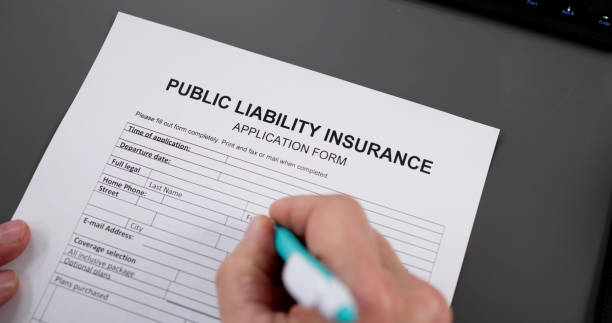
To get public liability insurance, small business owners should start by researching various insurance providers to compare policies and coverage options. Once you have identified potential insurers, you can reach out to them to get a quote. During this process, you will need to provide details about your business activities, the type of business you operate, and any previous claims history. This information will enable insurers to assess your risk level and provide an accurate quote for coverage.
Several factors influence the rates of public liability insurance. The type of business you operate plays a significant role, as businesses that engage in higher-risk activities may face higher premiums. The size of your business, the number of employees, and your claims history are also critical factors. Additionally, the level of public liability insurance you choose to carry will affect your rates. By understanding these factors, business owners can make informed decisions about their insurance coverage and find the best policy for their specific situation.
Choosing the right public liability insurance policy involves carefully evaluating the coverage options available to you. Business owners should consider the level of public liability cover they require based on their specific business activities and risks. It is also essential to read the fine print of policies to understand any exclusions or limitations. Consulting with an insurance broker can be beneficial, as they can help you navigate the complexities of insurance products and find a policy that aligns with your business needs.
What Other Types of Insurance Should Small Businesses Consider?
While public liability insurance is vital, small businesses should also consider other types of insurance to ensure comprehensive protection. Business interruption insurance is worth exploring, as it covers lost income during periods when your business may be unable to operate due to unforeseen events. Additionally, property insurance can protect your physical assets, while product liability insurance is essential for businesses that manufacture or sell goods, covering claims related to defective products.
Product liability insurance is crucial for businesses that sell or manufacture products, as it protects against claims arising from injuries or damages caused by those products. On the other hand, professional indemnity insurance is designed for service providers and covers claims related to professional negligence or errors in the services rendered. Understanding these types of insurance is essential for small business owners, as they offer targeted protection against specific risks associated with their industry.
Workers compensation insurance is another critical component of a comprehensive business insurance strategy. It covers employees who may be injured while performing their duties, ensuring they receive medical treatment and compensation for lost wages. This type of insurance complements public liability insurance, as it protects both your employees and your business from the financial ramifications of workplace injuries. Together, these insurance policies create a robust safety net for small business owners and their teams.
Common Misconceptions About Public Liability Insurance for Small Businesses
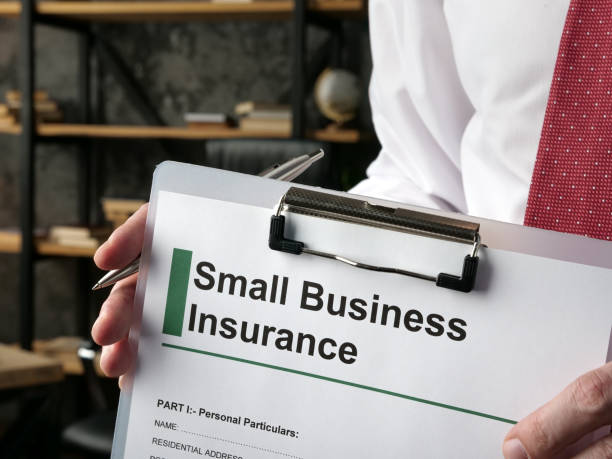
Many small business owners hold misconceptions about public liability insurance that can lead to inadequate coverage. One common myth is that public liability insurance is only necessary for large businesses. In reality, small businesses are often at a higher risk due to their limited resources and exposure to the public. Another myth is that only physical storefronts require public liability cover. However, even home-based businesses or those operating online can face claims from clients or customers, making insurance essential for all types of operations.
Small business owners sometimes underestimate the potential costs associated with claims. They may believe that they will never face a lawsuit or that their business is too small to attract claims. However, the reality is that accidents can happen to anyone, and the financial repercussions of a lawsuit can be devastating. Failing to secure adequate public liability insurance puts your business at significant risk, which is why it is crucial to prioritise this coverage as part of your overall business insurance strategy.
Ultimately, public liability insurance is an indispensable part of small business insurance. It not only protects your business financially in the event of claims but also enhances your credibility with clients and suppliers. By demonstrating that you have the necessary public liability cover, you show that you take your business seriously and are committed to protecting your customers and clients. As a small business owner, investing in public liability insurance is a proactive measure that can safeguard your business’s future and ensure its longevity in an unpredictable world.
Conclusion
Small businesses need public liability insurance to protect themselves from unexpected accidents and claims. This type of insurance helps cover costs if someone is injured or their property is damaged because of your business activities. Without it, small businesses could face serious financial risks. Having public liability insurance gives peace of mind and helps ensure that your business can continue to operate safely and successfully.
